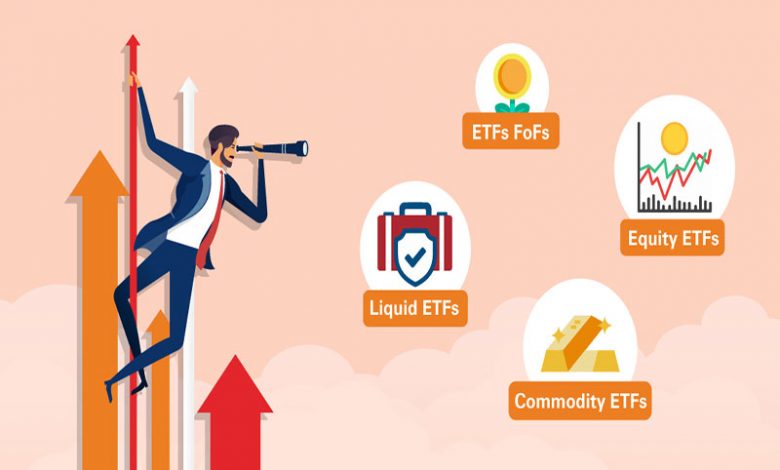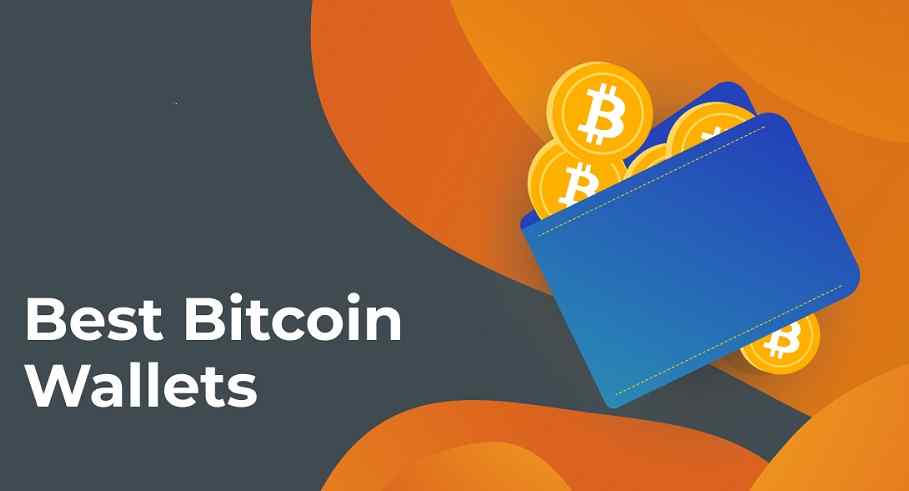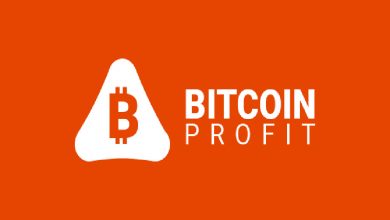Stocks, ETFs, and Commodities: What’s the Right Fit for You?

When it comes to online investing, the avenues are many. But selecting the right avenue that suits your investment needs and helps you achieve your investment goals can become tricky with so many alternatives available. When looking forward to investing, many people often get confused between stock market investment, ETFs, and commodity trading. How to decide which one is the ideal fit for you? Let’s find out!
Stocks vs. ETFs vs. Commodities: A Table of Comparison
Let’s take a deeper look into stocks, ETFs and commodities based on different parameters:
| Parameters | Stock | ETF investment | Commodities |
| Meaning | Stocks are the shares of companies listed on the recognised stock exchange. | Also known as “Exchange Traded Funds,” these are the basket of securities that track an underlying index. | This investing involves investing in commodity funds such as metals, and raw materials, agricultural products, etc. |
| How to invest | You need to open a Demat Account with a stock broker to invest in stocks. You can also go for indirect investing in stocks through mutual funds, small cases, ETFs or derivative instruments. | You need to open a Demat Account with a stock broker to invest in stocks. | You can either do physical investing or through a futures contract, commodity stocks or through ETFs or mutual funds. |
| Risk | Direct investing in shares of any company is riskier as compared to mutual funds, ETFs or small case investing. | The risk of investing in ETFs depends upon the underlying securities or assets. However, as the portfolio is diversified, ETFs are less risky to invest in. | Commodity investing is very risky as the price of the commodity can either increase or decrease sharply in a short span of time. |
| Expenses | Direct investing in stocks does not involve much of expenses. However, if you go for mutual funds, then you will have to bear the expense ratio. Other charges include Securities Transaction Tax (STT), brokerage charges etc. | ETFs involve expense ratios. The higher the expense ratio, the lower the returns. Actively managed ETFs have a higher expense ratio as compared to passively managed ETFs. | Commodity trading through ETFs also involves expense ratio. Other charges include brokerage, Commodities Transaction Tax (CTT), etc. |
In a Nutshell
The following are some of the major differences between online investing in shares, exchange-traded funds, and commodities. For deciding which avenue is more suitable, you need to assess your risk appetite. If you have a very high-risk appetite, then you can go for commodity trading. However, if you have an average risk appetite, then you can opt for share investing. However, if you are a risk-averse investor, going for exchange-traded or mutual funds is a good option. All three avenues provide good returns and one of the most differentiating factors among them is the risk of investment. You can explore more investment avenues in Dhan and increase your knowledge by reading other blogs or fintech software development company. Happy Investing!
Disclaimer: This article is not investment advice. Trading and investing in the securities market carries risk. Please do your own due diligence or consult a trained financial professional before investing.
Follow – https://bitcointodays.com for More Updates




